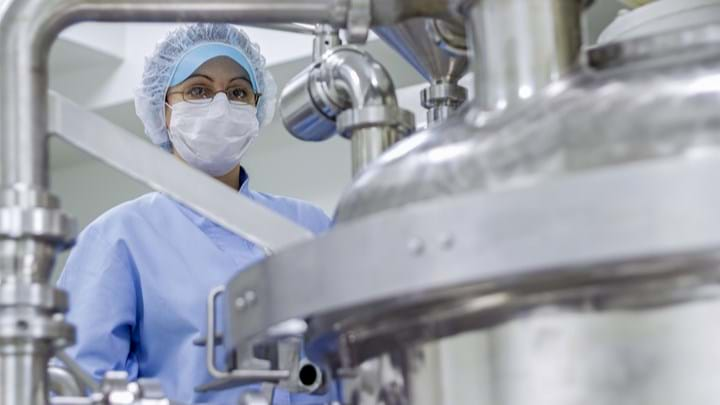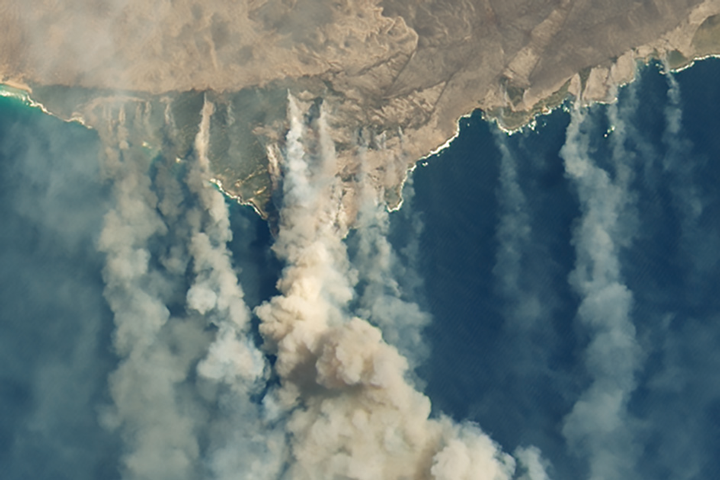Stories to read while we are away

WITH the editorial team having shut down their laptops until 4 January, we wanted to close with a thank you and links to stories that you may have missed and can catch up on while we are away for the holiday break.
Firstly, a big thank you to all our readers and advertisers. We are incredibly pleased that the level of engagement and support has grown through this unprecedented year.
Covering coronavirus
2020 will be remembered as the year that was dominated by Covid-19. Our first coverage in February focussed on the challenges of developing and producing vaccines, with the World Health Organization saying that success could be 18 months away. Remarkably, scientists and engineers have beaten even the most optimistic of expectations, and our latest story looks at the efforts now underway to manufacture three effective vaccines and overcome the challenges of getting them to those who need them.

Along the way, we have featured stories from those who are designing emergency manufacturing facilities; we have reported on efforts to produce the PPE and sanitisers that have helped keep people safe; we have heard from the chemical engineers volunteering as part of IChemE’s Covid-19 Response Team who have been providing advice to government, entrepreneurs and others in the push to manage the pandemic; and we’ve featured the stories of those within the profession about how they’ve been adapting industrial operations, teaching, and process safety to this ‘new normal’.
You can see all the news and features that we have published on Covid-19 here.
Climate crisis

Of course, while everyone’s focus has been fixed on the pandemic, the climate emergency has not been on pause. The start of the year began with terrifying bushfires ravaging Australia, and was supposed to close with the UK having hosted an international meeting where governments would negotiate policies to deal with climate change. Covid-19 forced a delay, and COP26 will now be hosted in November 2021.
In the meantime, IChemE has published its position on climate change – urging action within the community and committing the Institution to become net zero by 2025. Amanda Doyle has interviewed engineers tackling the climate crisis. Amanda Jasi has looked at emerging alternatives to meat and the roles that chemical engineers can play in their wider production. Members of IChemE’s Future Energy Leaders working group have challenged engineers to think about climate equity and the need to bring about sustainable benefits for all in the fight against climate change. We have published features about those developing technologies to reduce carbon footprints in our homes and in industry, and those championing the decarbonisation of the chemicals sector.
This year also saw the culmination of a long-running series on the hydrogen economy developed in partnership with IChemE’s Clean Energy Special Interest Group. I’m hugely thankful to the volunteers that helped develop and manage this series. To read all 20 articles written by experts inside and outside the community on aspects as varied as the industrial use of hydrogen, its role in transport and its safety implications, use the following link.
Feature content
I’d like to close by thanking all those who have volunteered their time and contributed to the magazine over the past year. If you missed these features, I’d strongly recommend you read the following:
- We had an engineer with autism explain how she has succeeded in the workplace and what employers can do to be more supportive
- Macsene Isles-Ahite shared her vision for equality, diversity and inclusion for IChemE and the chemical engineering profession
- Grant Wellwood kickstarted a series on the importance of bulk solids handling by raising a red flag on this professional blind spot
- We also saw the launch of a new series from Stephen Hall providing practical insights to on-the-job problems
- John de Mello explained how we can now go about making our own scientific instrumentation. Something to get started with over Christmas, perhaps?
To read and download any magazines you may have missed, please see this year’s issues at the following link.
Thanks again, and we look forward to bringing you more news and features when we return to our keyboards on 4 January.
Recent Editions
Catch up on the latest news, views and jobs from The Chemical Engineer. Below are the four latest issues. View a wider selection of the archive from within the Magazine section of this site.




